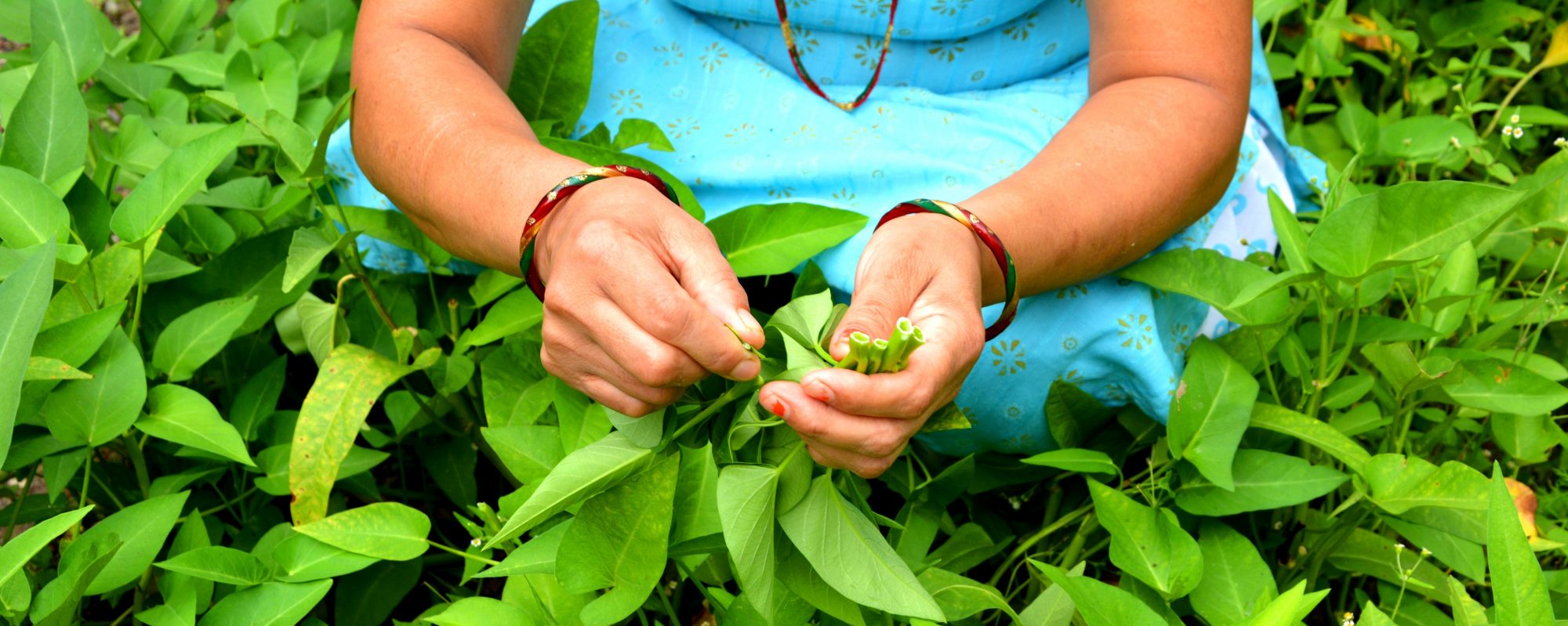The BaCH Initiative addresses multiple issues aiming to mainstream community health approaches synergizing bio-resources and traditional knowledge. Building on its partners experiences and lessons learned globally, the Initiative applies a broad range of approaches based on the five core principles – ownership, alignment, harmonization, results and mutual accountability – outlined in the Paris Declaration (2005) and reaffirmed by the International community within the framework of the Accra Agenda for Action (AAA) and the Fourth High Level Forum on Aid Effectiveness in Busan .
Bridging the gap between policy research and practice through fostering partnerships: The BaCH Initiative brings together a broad range of stakeholders including leading researchers and practitioners. By working collaboratively on issues around biodiversity and community health, the Initiative will conduct demand-driven policy-relevant research and at the same time advocate targeted inputs to specific policy forums such as the Secretariat of the CBD (SCBD), Word Health Organization (WHO), Committee on Food Security, Open Working Group on Sustainable Development Goals (SDGs) but also programmes addressing issues around ecosystem services, sustainable use, public health, access to health and livelihood security in the field. The Initiative is further planning to closely work with such bi- and multilateral projects on related issues.
Fostering transdiciplinary research and networks: There is a clear need for including broader health determinants while setting goals related to health and development. This should include ecological and sociocultural factors that contribute to well-being. One main pillar of the BaCH Initiative is to establish a policy research network highlighting the biophysical resource flows to health and nutritional sectors – identifying 50 major resource flows of significant importance to biodiversity conservation, and health security. Furthermore, as part of the proposed action the Initiative plans to develop tools related to the validation of community knowledge and practices relevant to biodiversity conservation, health and nutrition security as well as policy briefs and toolkits elaborating on the use of tools and research findings.
Applying a reflexive and participatory learning approach: At the policy level, there appears to be a tendency towards non-realistic target setting. Implementation mechanisms for such targets still rely primarily on formal, mainstream processes such as modern infrastructure and trained doctors, while including and appropriately training specialists outside the “modern realm” of training especially as the community health workers level might have hastened the processes to achieve various goals. A reflexive learning approach to development is especially important in this context where no single knowledge system has sufficient conceptual, theoretical or practical authority in addressing health challenges.
Facilitate knowledge transfer: High erosion of traditional knowledge and lack of perceived support for traditional health practitioners have evidently led to a decrease in the receptivity and transfer of all aspects of such knowledge between generations. It has been observed that in cases where the knowledge system is perceived to bring in recognition and supplemental income, younger generations are keener to learn, develop and sustain them.
Conduct comprehensive and holistic assessments: Some of the non-government partners of the BaCH Initiative are advocating community-based health and conservation strategies integrating traditional medical resources. Their experience demonstrates a clear need for a comprehensive assessment of the following factors: local needs, available resources including knowledge, natural, socio-cultural, economic and human as well as contexts, including community worldviews, reasoning methods, values and norms. However, such an approach has hardly been integrated into the national health plans or institutionalized as a development practice.
Foster cross learning and trans-learning: By applying broader concepts of well-being and ecological integrity and resilience, the BaCH Initiative aims to foster cross learning between different knowledge systems, and trans-learning between different disciplines such as conservation, health and development. The learning experience should also be accessible to mainstream health professionals.
Peer-to-peer knowledge transfer: The Initiative further aims to promotes peer-to-peer knowledge transfer at the international, regional, national and local level applying amongst others a South-South exchange on biodiversity and community health related issues such as protection of traditional knowledge. This will involve stakeholders from the government, multilateral organizations such as WHO, UN-institutions etc. as well as bilateral donors and development agencies and the civil society, academia and the private sector.
